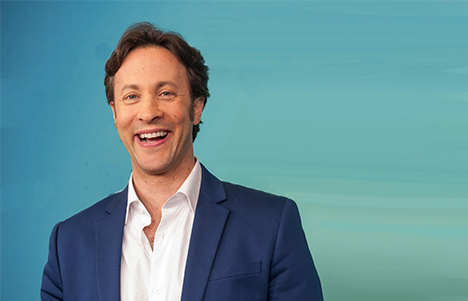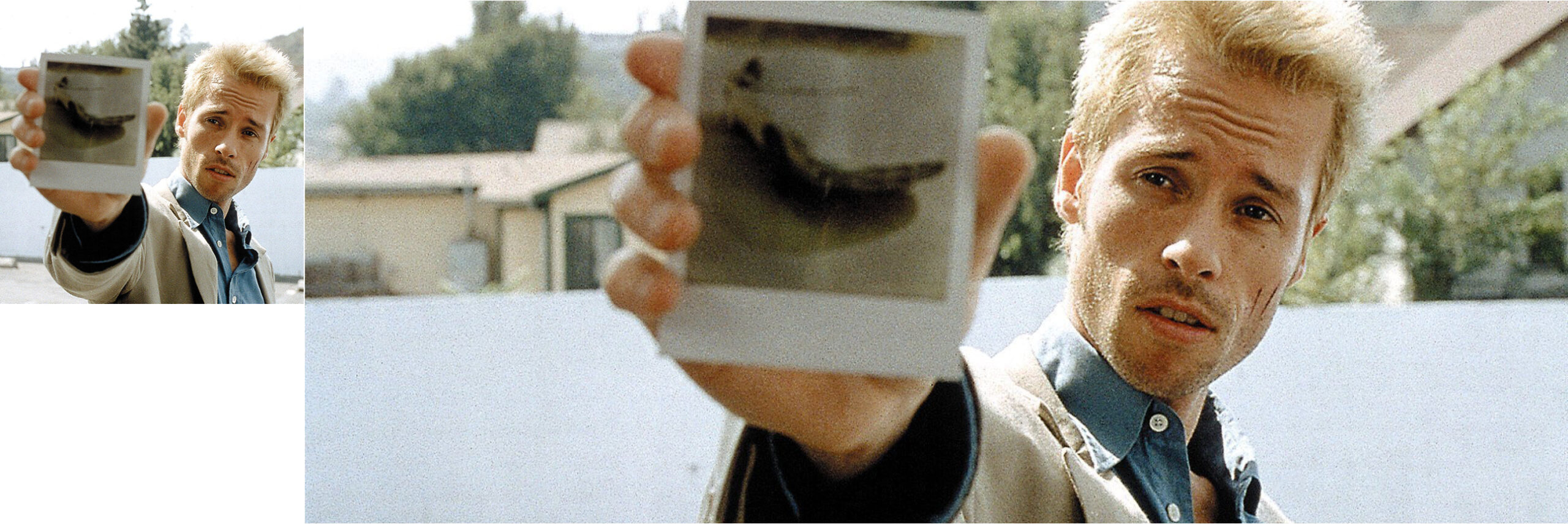
Memento
Cabaret Cinema: Time
Friday, April 20, 2018
9:30 PM–11:30 PM
2000, Christopher Nolan, USA, 113 min.
Introduced by neuroscientist and Rubin Museum fellow David Eagleman.
How can you face the future when you can’t remember the past?
Leonard Shelby (Guy Pearce) and his wife were attacked in their home, leaving her dead and Leonard unconscious with a head injury that blocks his short-term memory. Now, he pieces his world together with photographs, notes, and tattoos. In this neo-noir psychological thriller, follow the struggles of a man who is trying to relocate the elusive remnants of his past in order to seek revenge. With The Maxtrix’s Carrie-Ann Moss.
“From the start—and cheers here to Wally Pfister’s camerawork and Dody Dorn’s editing—this jolting jigsaw puzzle of a movie grabs you and won’t let go”¦.Nolan stages scenes of dizzying suspense that resonate with raw emotion.”
—Rolling Stone
About Cabaret Cinema:Time
Curated by Rubin Museum fellow and neuroscientist David Eagleman, Cabaret Cinema delves into the mysteries of time. Aside from their listed duration, movies often carry us through periods far beyond the minutes that pass as we sit in a theater. Time lingers in suspense, is driven forward by fast-talking dialogue, or warps through sudden flashbacks. What does the world of cinema reveal about our experience of time?
About the introducer

David Eagleman is a neuroscientist and the New York Times bestselling author of Incognito: The Secret Lives of the Brain and Sum: Tales from the Afterlives. He is the writer and host of the Emmy-nominated PBS television series The Brain. Eagleman is an adjunct professor at Stanford University, a Guggenheim fellow, and the director of the Center for Science and Law. He has written for the New York Times, Discover Magazine, The Atlantic, Slate, and Wired, among many other publications, and he appears regularly on National Public Radio and BBC. His previous appearances at the Rubin included conversations with the spoken word artist Henry Rollins and actor-producer Whoopi Goldberg
Brainwave is supported in part by public funds from the New York City Department of Cultural Affairs in partnership with the City Council.


